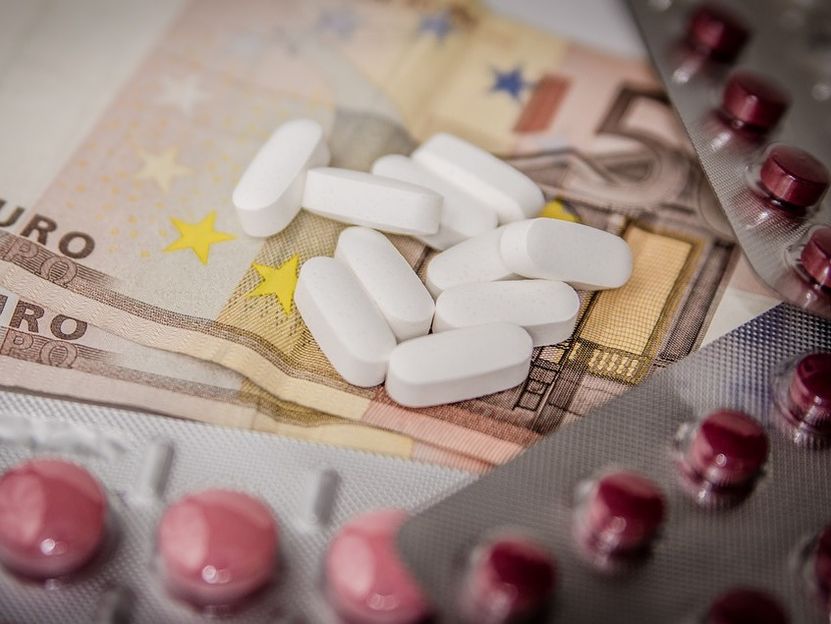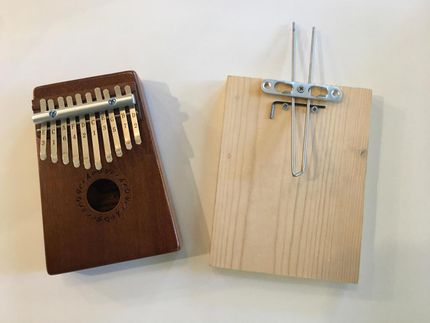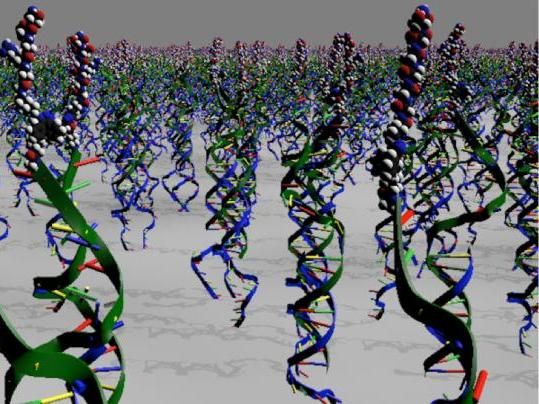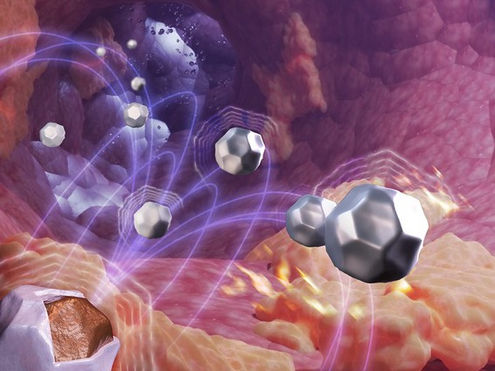As competition goes down, generic drug prices rise
If the cost of your generic prescription drug has risen, it may be due to a lack of competition among drug manufacturers, according to a University of Florida College of Pharmacy study.

jarmoluk; pixabay.com; CC0
More than four in five prescriptions filled in the U.S. are for generic drugs, and UF researchers have found that market competition levels are strongly associated with generic drug price increases. Market competition levels are defined by the number of manufacturers producing a generic drug.
"The U.S. health care system has recently witnessed a relatively new phenomenon where prices for some older generic drugs have increased hundreds -- even thousands -- of percentage points in a short time span," said Chintan Dave, Pharm.D., the lead author of the study and a graduate student in the UF College of Pharmacy's department of pharmaceutical outcomes and policy. "There is a lot of speculation that these increases are due to drug shortages or industry consolidation, but without looking through a lens of scientific rigor, you cannot make these assumptions.
"This is one of the first studies that has linked market competition levels to generic drug prices for a large cohort of generic drugs," he said.
In the study, published in the Annals of Internal Medicine, UF researchers analyzed 1.08 billion prescription drug claims from 2008-13 and examined 1,120 generic drugs. Using the Herfindahl-Hirschman Index, or HHI, a commonly accepted measure of market competition, researchers estimated competition levels for each drug. HHI values were calculated using a formula that takes into account a manufacturer's market share.
Nearly half the generic drugs studied were found to have competition levels resembling a duopoly -- a competition level where only two manufacturers produce a drug. After controlling for other factors, a generic drug in the highest marketing competition group was expected to see a decrease of 32 percent in price over the study period, while a generic drug in the lowest market competition was expected to see a price increase of 47 percent over the same period. In addition, researchers found low market competition levels have a more pronounced correlation with drug prices in lower-priced generic drugs compared with their higher-priced counterparts.
UF researchers acknowledge the study period's conclusion in 2013 is a limitation of the research. Several widely publicized cases of generic drug increases have occurred in recent years. In addition, generic drugs that entered the market after 2008 were not included in the study.
"The connection this study establishes between market competition levels and generic drug prices should be an eye-opener for regulators responsible for the generic drug market," Dave said. "In recent years, some generic manufacturers have sought to consolidate their market power by merging with rivals, but these mergers risk decreasing competition levels in parts of an already uncompetitive U.S. generic drug market."
While rapidly increasing generic drug prices should attract other manufacturers to the market, this does not always happen due to several potential deterrents. The study points to the three-year review time for new generic drug applications at the Food and Drug Administration's Office of Generic Drugs as one of the outside factors underlying generic drug price increases.
Without new policies to stabilize generic drug markets in response to a decrease in competition, Dave said consumers may continue to see prices soar for some generic medications.
"Everyone assumes generic drugs are going to be inexpensive, but this may no longer be the case," Dave said. "If you go to a pharmacy and find that your generic medication is no longer affordable, market competition levels may have played a role in the price increase.
"This study is vitally important in identifying factors that influence a change in drug price, in order to keep generic drugs affordable for consumers," he said.

























































